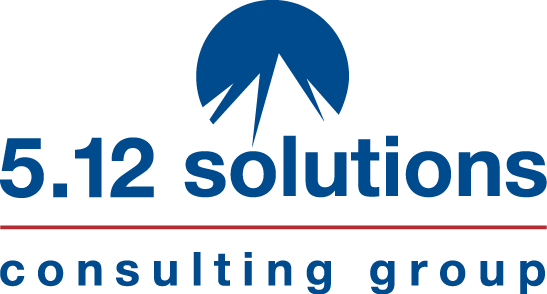The word “mentor” is used in a variety of contexts in today’s workplace. Sometimes it refers to a senior person who formally or informally provides guidance and advice to a junior team member. At times it refers to a team member’s direct manager who is partially responsible for his or her career development. In some organizations, mentors are formally paired with a mentee. In others, mentors are simply sought after by an eager team member looking to grow. A quick search on dictionary.com defines the word mentor as “a wise and trusted counselor or teacher; an influential senior sponsor or supporter.”
Regardless of how you define “mentor” – we’ve noticed the following patterns and trends among great mentors with our Denver and Boulder, Colorado clients and beyond.
- They create a safe environment that opens communication and establishes trust and connection.
- They ask great questions that lead to clarity and action such as:
- What is your ideal future state?
- What would be the impact of achieving that state?
- What obstacles might slow you down or get in your way?
- What is the impact of those obstacles to you and others?
- What would it be like if you could overcome those obstacles?
- They listen intently not just for content but also for what isn’t being said. This allows great mentors to take a conversation a step or two deeper linking underlying causes, assumptions, and beliefs to behavior.
- They see the potential of others and hold the personal vision for their mentee when the mentee gets discouraged or off track.
- They strategize to create opportunities and close the gap between where is person is today and where they want to be. This enables people to build competence as they develop solutions for the future.
- They acknowledge and recognize people’s accomplishments to build confidence and motivation.
- They move people to action and provide follow-up and support as needed. Conversations lead to goals and clear action steps.
Mentoring is really the process of developing people. Ultimately, helping people reach their peak performance at work so that they can ignite their potential and the potential of others around them.
What best practices have you found around mentoring?

